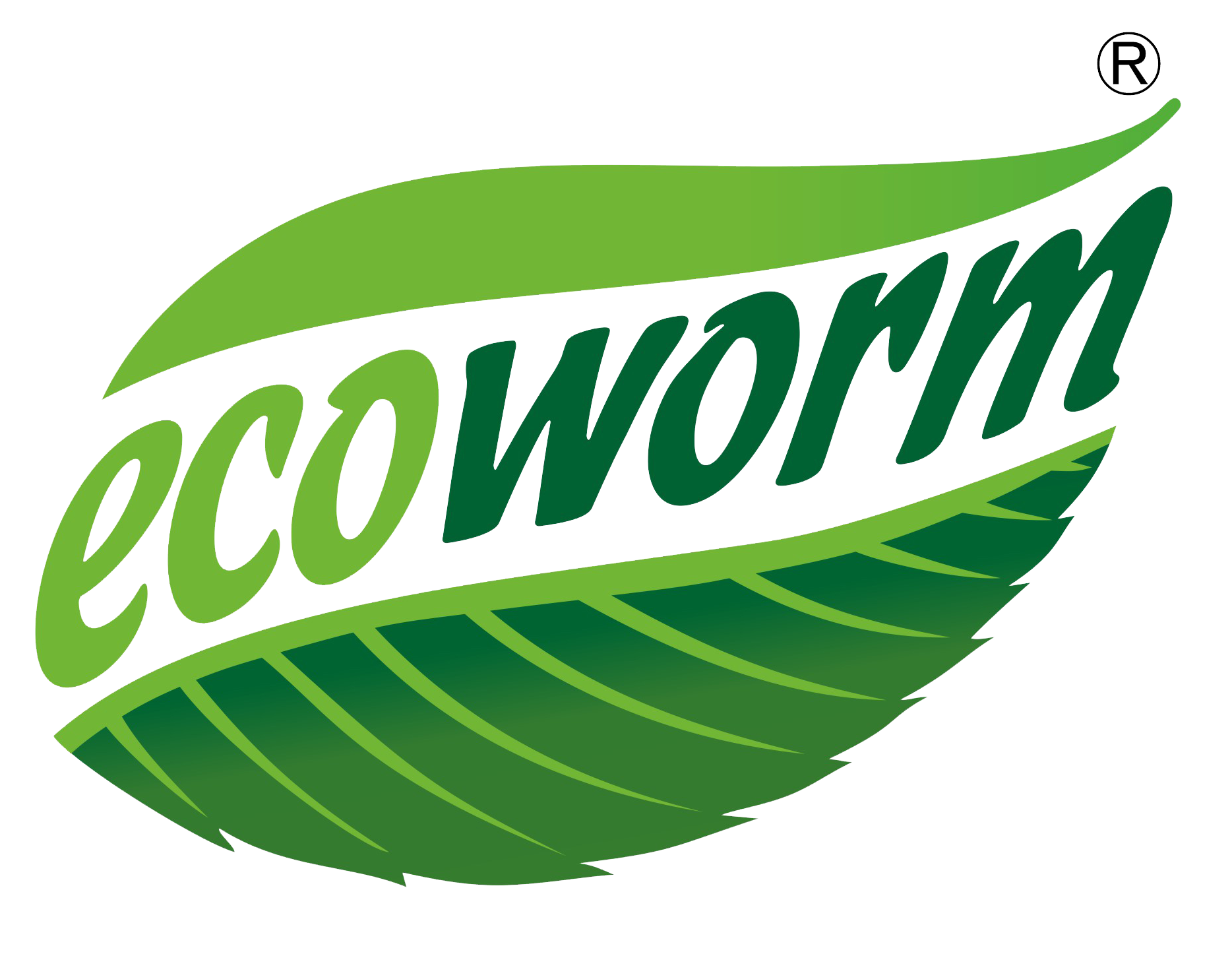Understanding the nutrient requirements of soil is essential for any gardener or farmer looking to achieve optimal plant growth and yield. In this blog post, we will explore the different soil nutrients required by plants and how to ensure that your soil has the necessary nutrients.
Nitrogen (N)
Nitrogen is an essential nutrient for plant growth as it is required for the production of chlorophyll, which is vital for photosynthesis. Plants that lack nitrogen exhibit stunted growth, yellowing of leaves, and reduced crop yields. Common sources of nitrogen include animal manure, compost, and nitrogen-rich fertilizers.
Phosphorus (P)
Phosphorus is necessary for root growth, flower and fruit development, and seed production. A lack of phosphorus results in stunted growth, purple or red discoloration of leaves, and delayed maturity. To ensure adequate phosphorus levels, add bone meal or rock phosphate to your soil, or use a phosphorus-rich fertilizer.
Potassium (K)
Potassium is essential for the overall health of the plant, contributing to disease resistance, root development, and water regulation. Plants that lack potassium exhibit wilting, scorching of leaf margins, and reduced fruit and flower production. Potassium-rich fertilizers, such as wood ash or potash, can be used to supplement soil potassium levels.
Magnesium (Mg)
Magnesium is necessary for photosynthesis and contributes to plant health and vigor. Deficiencies in magnesium result in yellowing between the veins of leaves and a reduction in growth. Adding Epsom salts or dolomite lime to the soil can help increase magnesium levels.
Sulfur (S)
Sulfur is necessary for protein production and is a vital component of many amino acids. A lack of sulfur results in yellowing of leaves and reduced growth. To supplement sulfur levels, add sulfur-rich fertilizers, such as gypsum or ammonium sulfate.
Calcium (Ca)
Calcium is necessary for root development, cell division, and overall plant health. Plants that lack calcium exhibit stunted growth, curled leaves, and blossom end rot in fruits. To increase soil calcium levels, add gypsum or lime to the soil.
In summary, understanding the nutrient requirements of soil is crucial for plant growth and health. By ensuring that your soil has adequate levels of nitrogen, phosphorus, potassium, magnesium, sulfur, and calcium, you can provide your plants with the necessary nutrients they need to thrive. Remember to test your soil regularly to ensure that nutrient levels are balanced, and adjust your fertilization plan accordingly. With proper soil nutrient management, you can achieve healthy, vigorous plants and increase your crop yields.
